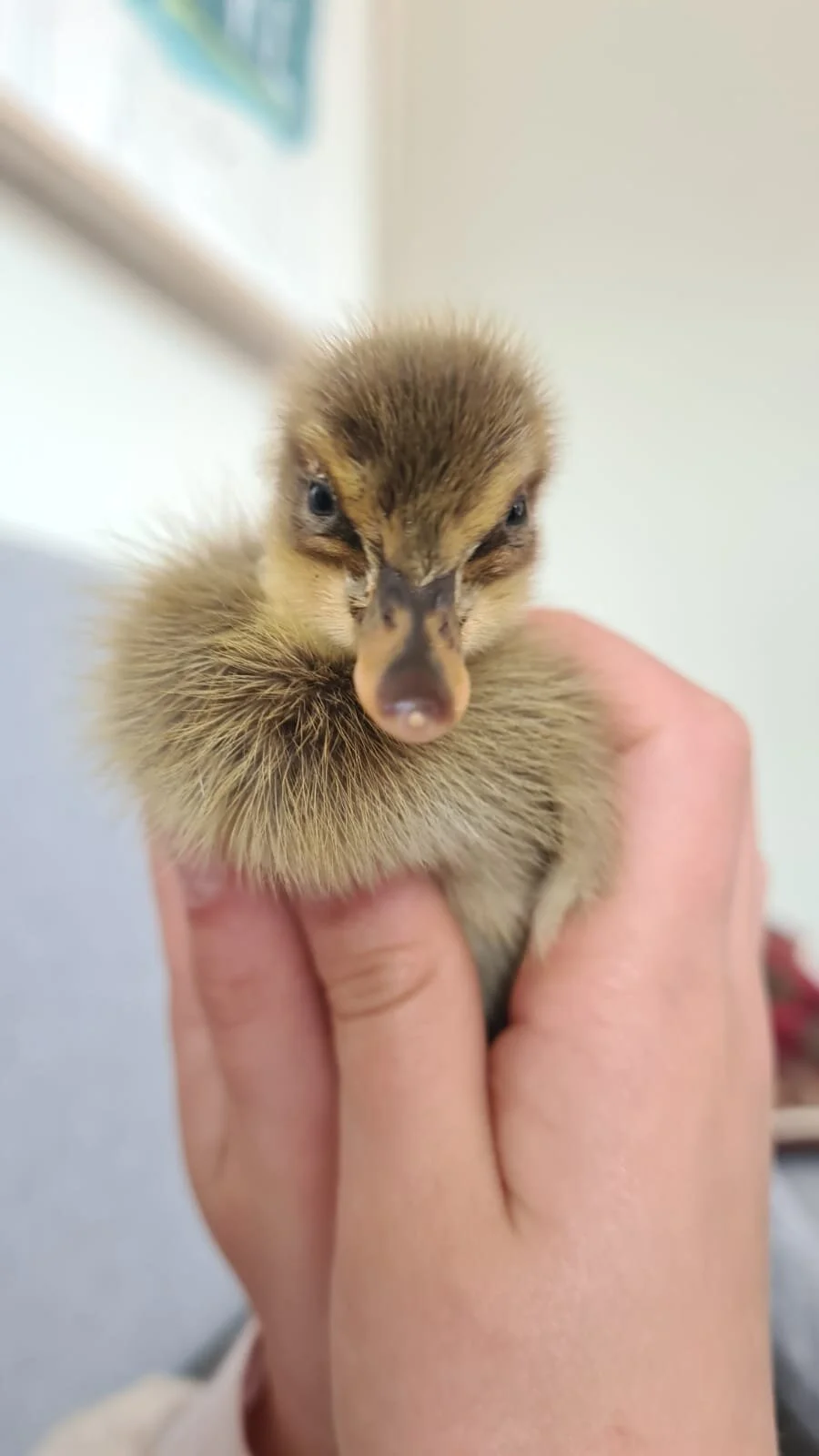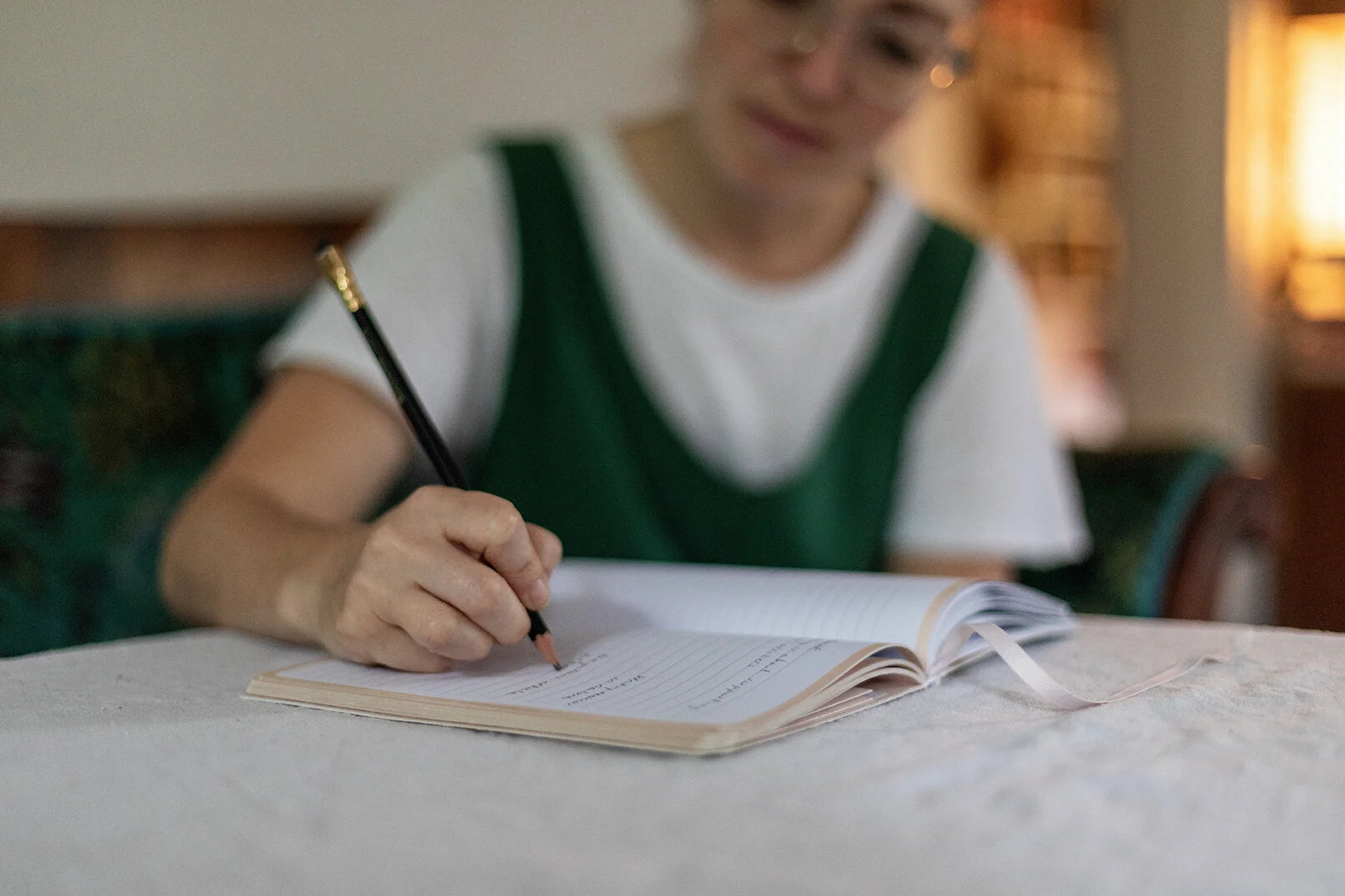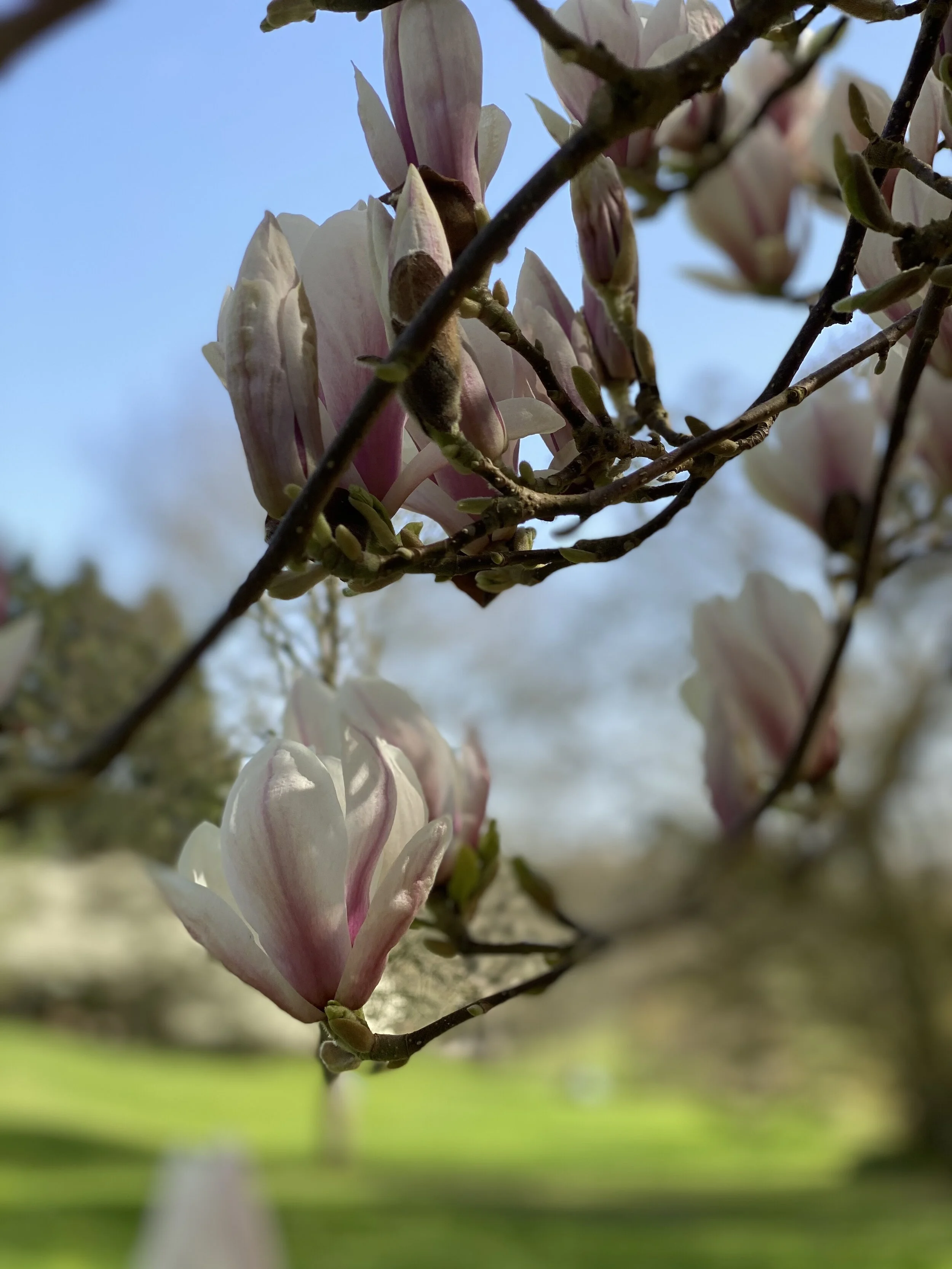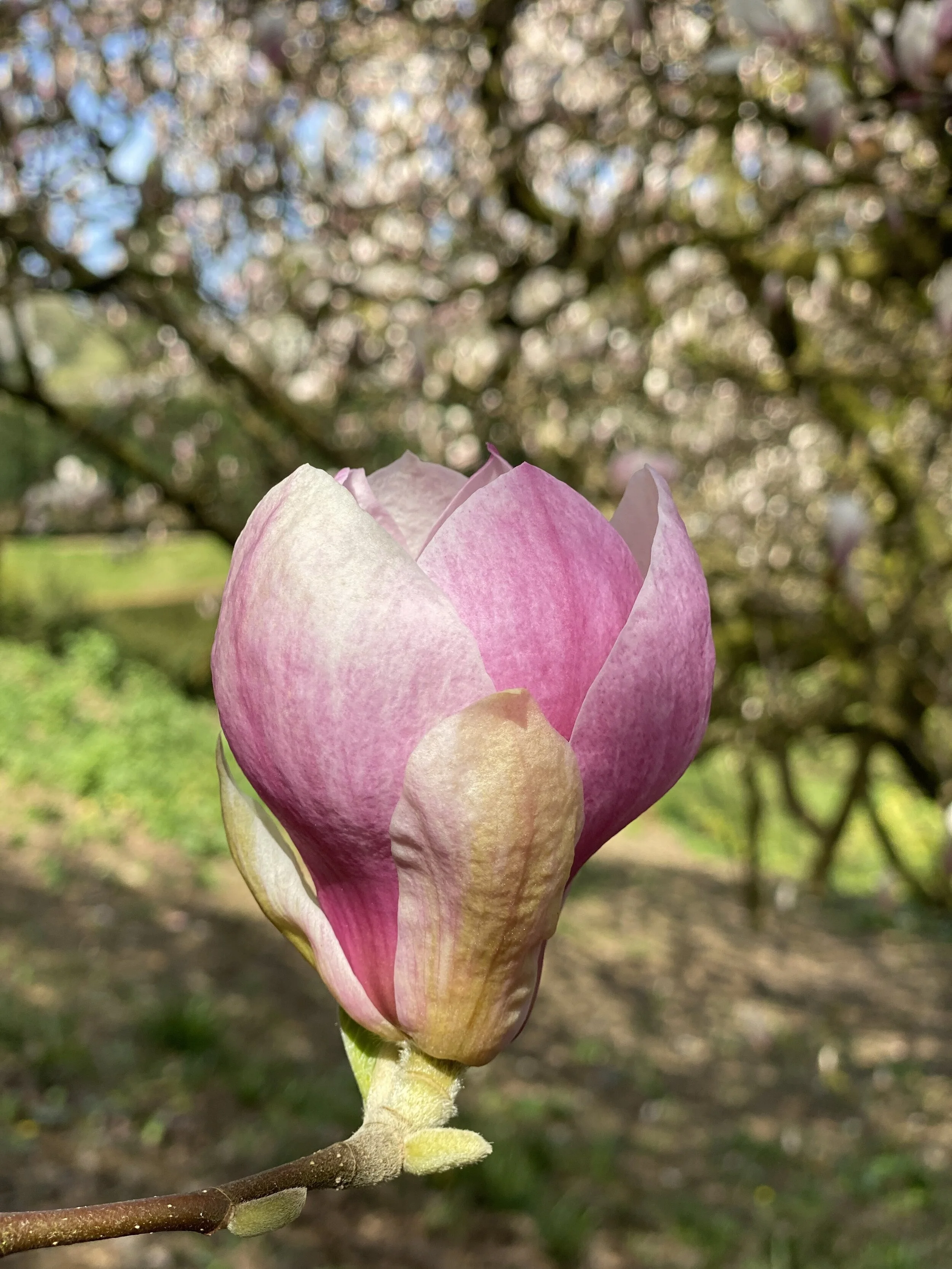What Might it Mean to Re-Wild our Stories?
Because my daughter hatched a duckling in an incubator, this Easter I’ve been thinking a lot about the mystery of life. In my last post here, around the time of Imbolc, I told myself I wanted to have a more wondrous relationship with our land, to be guided not by naming and cataloguing, but by curiosity, like the children. From where I stand now, I can see that I had some vague hope that my curiosity would nevertheless lead to knowledge, but what in fact seems to be happening is a deepening of mystery. The more I learn — whether it’s the stages of a duckling’s gestation or the properties of a plant — the more miraculous it seems. The facts do not satisfy my desire to know something larger and wider, to taste something sweeter and richer, and to uncover the language of an interconnected world.
Photo Credit: Grace Gelder
One of my favourite books is Lewis Hyde’s The Gift. It’s about how art is better served by the gift economy than capitalism. But the more I thought about the gift economy the more it seemed resonant for the natural world too. Not only that, but that in both art and nature, a lot depends on the stories we tell. The natural world is fundamentally transformed by whether we see it as private or public commons. Right now I’m reading Robin Wall Kimmerer’s book Braiding Sweetgrass. It’s a collection of lyrical essays that bring to life a Native American view of the natural world. Kimmerer writes about stories,
“One of these stories sustains the living systems on which we depend. One of these stories opens the way to living in gratitude and amazement at the richness and generosity of the world. One of these stories asks us to bestow our own gifts in kind, to celebrate kinship with the world. We can choose. If all the world is a commodity, how poor we grow. When all the world is a gift in motion, how wealthy we become.”
So these days I’m growing curious not about cataloguing and naming, but about the stories we tell about our places. I am growing in relationship to place, and resting in the knowledge that we are committed to one another. I am exploring the idea that as I grow in how I see the land, it also grows in how it sees me, and that humans and the natural world have always been in conversation. To see it as an object, as something to mill, harvest, and mine, is to objectify it. To be in a relationship of that kind is dangerous for both parties. So as we re-wild our land it’s intriguing to imagine what it might mean to re-wild myself.




